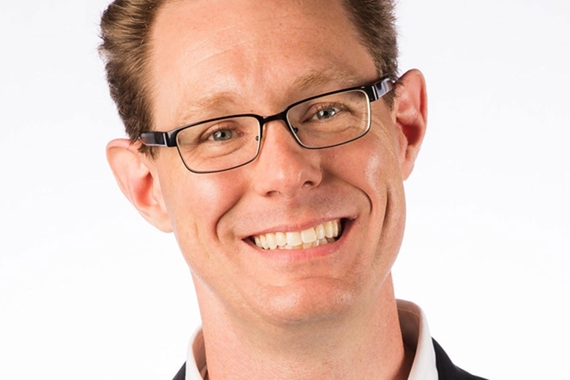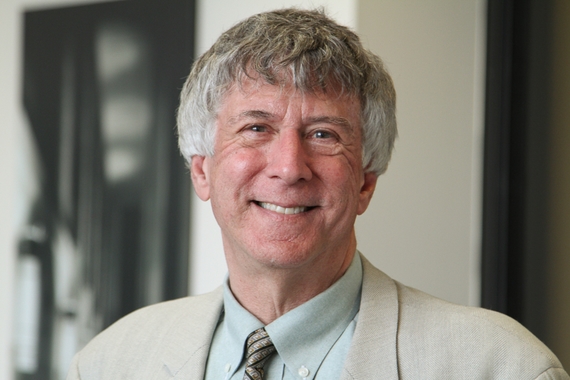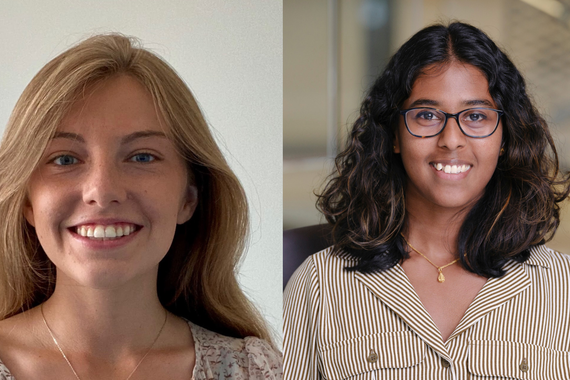Timely: Psychology Research During COVID-19
Psychologists are uniquely positioned to do good during the COVID-19 pandemic. In a series of short stories and social media posts, we will highlight how UMN Psychology researchers are exploring ways in which people, communities, and organizations are impacted by COVID-19, and how each can best manage and respond to stressors, transitions, and challenges that they are now confronting.
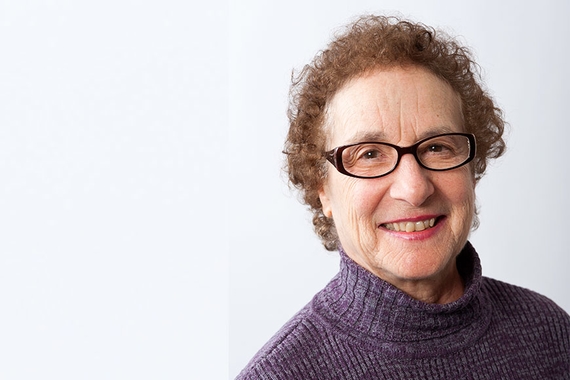
Emerita Professor Gloria Leon, PhD, knows about the effects on human performance in isolated and confined extreme (ICE) environments, which are comparable to experiences of quarantine and social distancing due to the COVID-19 pandemic. Leon shared some of the “lessons learned” from her research on military personnel in the Arctic and Antarctic. Read "Stress and Coping in the Time of the Pandemic – Applications from Extreme Environments"
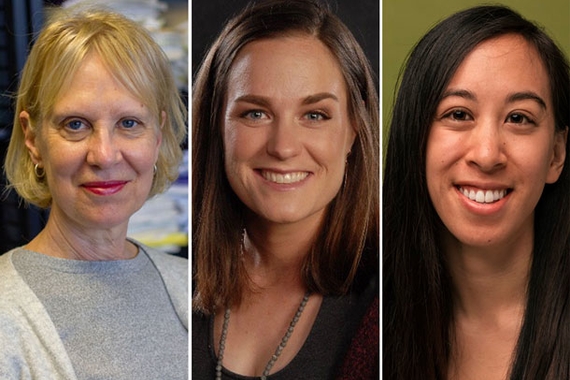
Patricia Frazier’s, PhD, research could not be more timely. This spring, Frazier, in collaboration with fellow counseling psychologists (and former PhD students!) Drs. Liza Meredith (UMN - Twin Cities) and Viann Nguyen-Feng (UM - Duluth), adapted a previously developed online intervention (Frazier et al., 2015; Hintz, Frazier, & Meredith, 2015; Meredith & Frazier, 2019; Nguyen-Feng et al., 2015, 2016, 2017, 2019) to evaluate its effectiveness in helping students cope with stress in the context of the COVID-19 pandemic. Read "Helping Students Cope with Stress During COVID-19" about Professor Frazier's research.
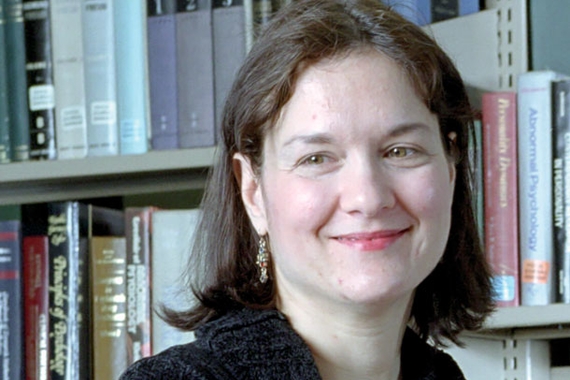
Monica Luciana, PhD, is concerned that measures like the COVID-19 shelter-in-place orders present unique challenges for adolescents. In her research, Luciana considers the scientific underpinnings of why adolescents engage in more risky behavior than either children or adults. Currently, she is exploring why adolescents are so positively motivated to seek rewards, including a particularly potent source of reward for adolescents: the presence of peers. Read "Teenagers and Sheltering-in-Place: Special Challenges."
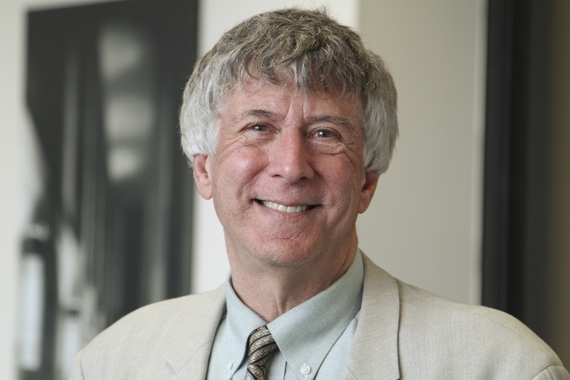
Social psychologist Mark Snyder, PhD, researches the psychology behind volunteerism and other forms of social action. During this time of global crisis, his insights regarding these pro-social actions, and the motivation that drives people to help others is particularly relevant. Read "People Helping People—and Themselves—During COVID-19."
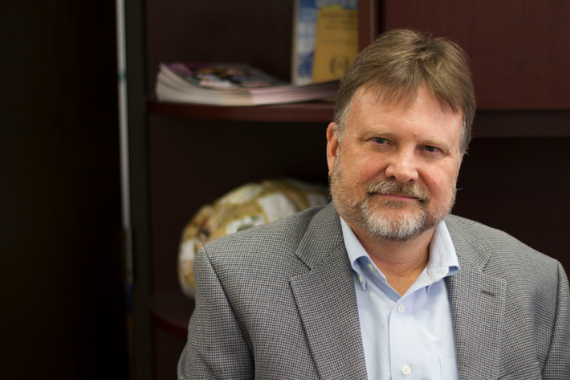
Dr. Jeff Simpson’s research explores why some people spend and others save their money during times of economic hardship, which can help us understand how people are managing the recent economic fallout from the COVID-19 pandemic. Read "Why do some spend while others save during economic downturns?"
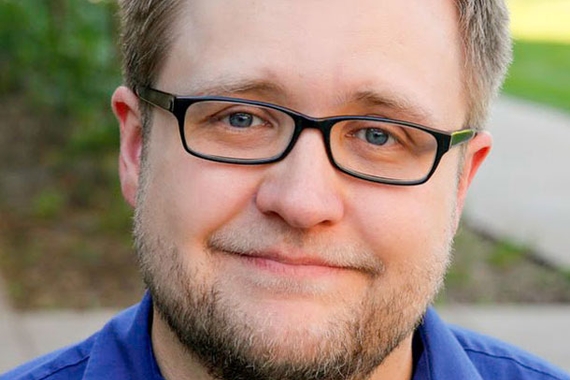
Industrial-organizational psychologist Richard Landers, PhD, examines how technology influences workplace behavior. Landers’ research has gained significant urgency in this era of social distancing as we become increasingly dependent on technology to engage in our work. Read "A New Imperative for Work and Technology."
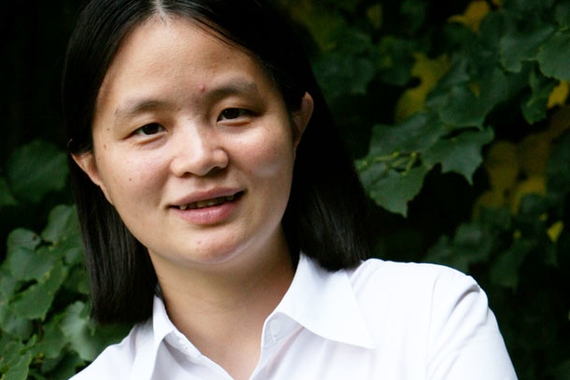
Yuhong Jiang’s research in cognitive psychology can help us imagine new ways to teach people complex skills quickly, including those skills needed to meet the challenges posed by the COVID-19 pandemic. Read "Teaching People to Learn Complex Skills Quickly."
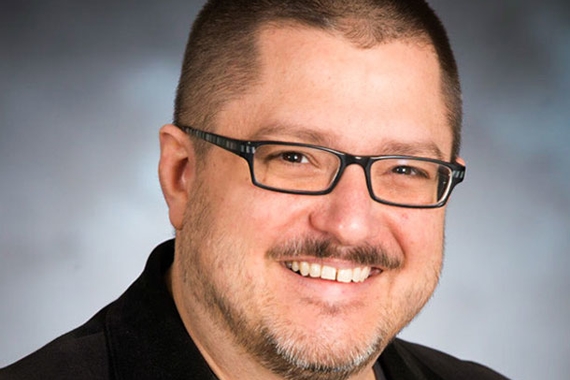
Clinical psychologist Robert Krueger, PhD, can help us understand the impact of large-scale crises on the health and well-being of a society and its individuals, providing us with data that can drive decisions about public policy initiatives that help people in need while also being fiscally responsible. The COVID-19 pandemic poses significant challenges to our society and our ability to respond because of how variable the impact has been across the country and within communities. Read "Social Upheaval and the Enduring Impact on Mental Well-being"
